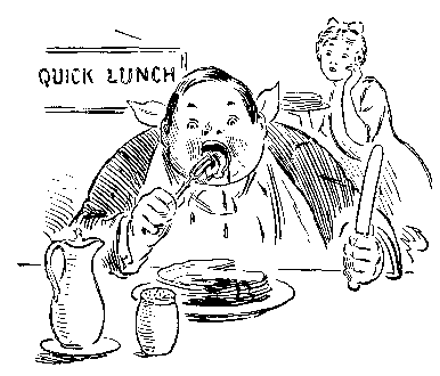Ghrelin and the Regulation of Food Intake and Energy Balance
Abstract
Ghrelin, an endogenous ligand for the growth hormone secretagogue receptor, is synthesized principally in the stomach and is released in response to acute and chronic changes in nutritional state. In addition to having a powerful effect on the secretion of growth hormone, ghrelin stimulates food intake and transduces signals to hypothalamic regulatory nuclei that control energy homeostasis. Thus, it is interesting to note that the stomach may play an important role in not only digestion but also pituitary growth hormone release and central feeding regulation. We summarize recent findings on the integration of ghrelin into neuroendocrine networks that regulate food intake and energy balance.

- © American Society for Pharmacology and Experimental Theraputics 2002



